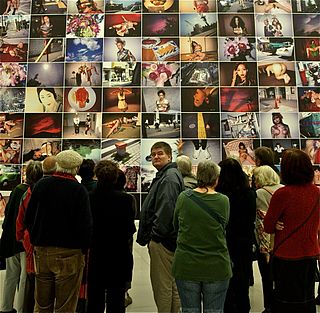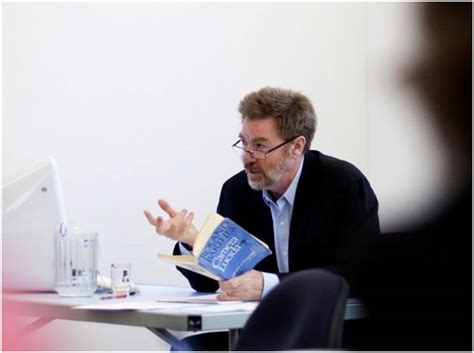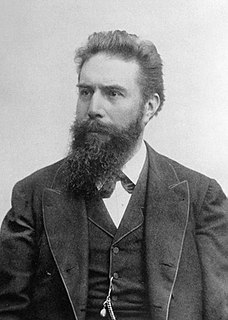A Quote by Robert Adams
Invention in photography is so laborious as to be in most instances perverse.
Quote Topics
Related Quotes
...those experiments be not only esteemed which have an immediate and present use, but those principally which are of most universal consequence for invention of other experiments, and those which give more light to the invention of causes; for the invention of the mariner's needle, which giveth the direction, is of no less benefit for navigation than the invention of the sails, which give the motion.
I collect art on a very modest scale. Most of what I have is photography because I just love it and it makes me happy and it looks good in my home. I also have a pretty big collection of art books mainly, again, on photography. A lot of photography monographs, which is great because with photography, the art itself can be reproduced quite well in book form.
The invention of photography has dealt a mortal blow to the old modes of expression, in painting as well as in poetry, where automatic writing, which appeared at the end of the nineteenth century, is a true photography of thought. Since a blind instrument now assured artists of achieving the aim they had set themselves up to that time, they now aspired, not without recklessness, to break with the imitation of appearances.



































